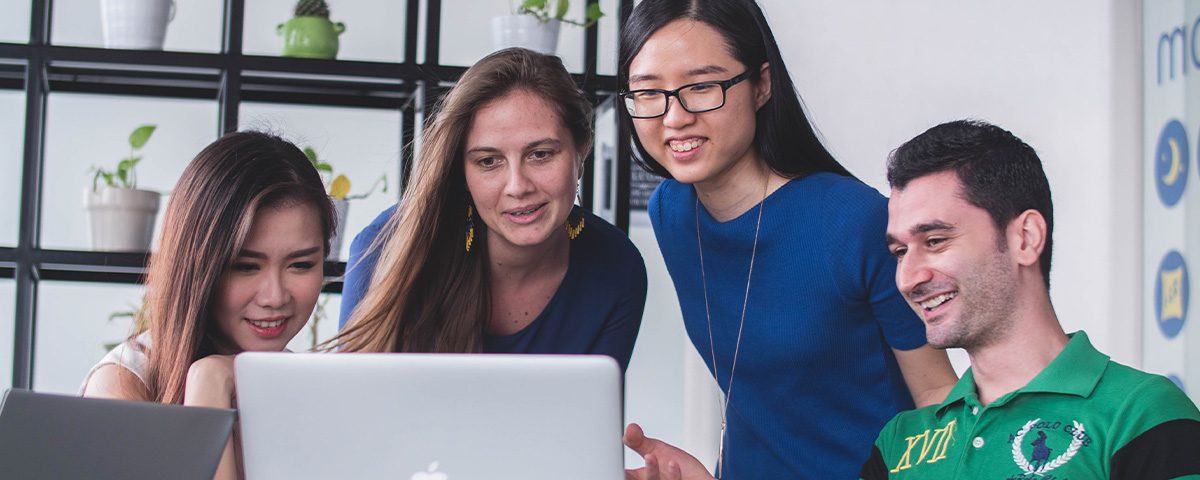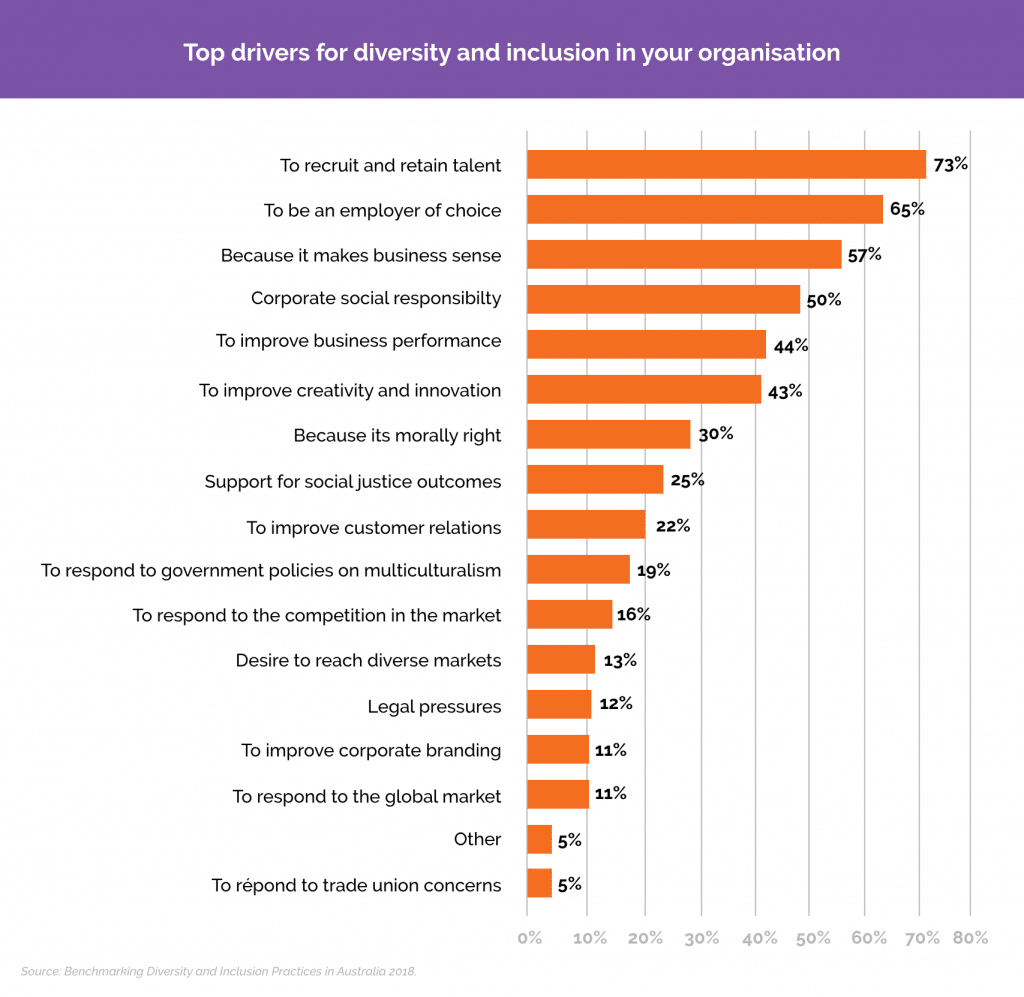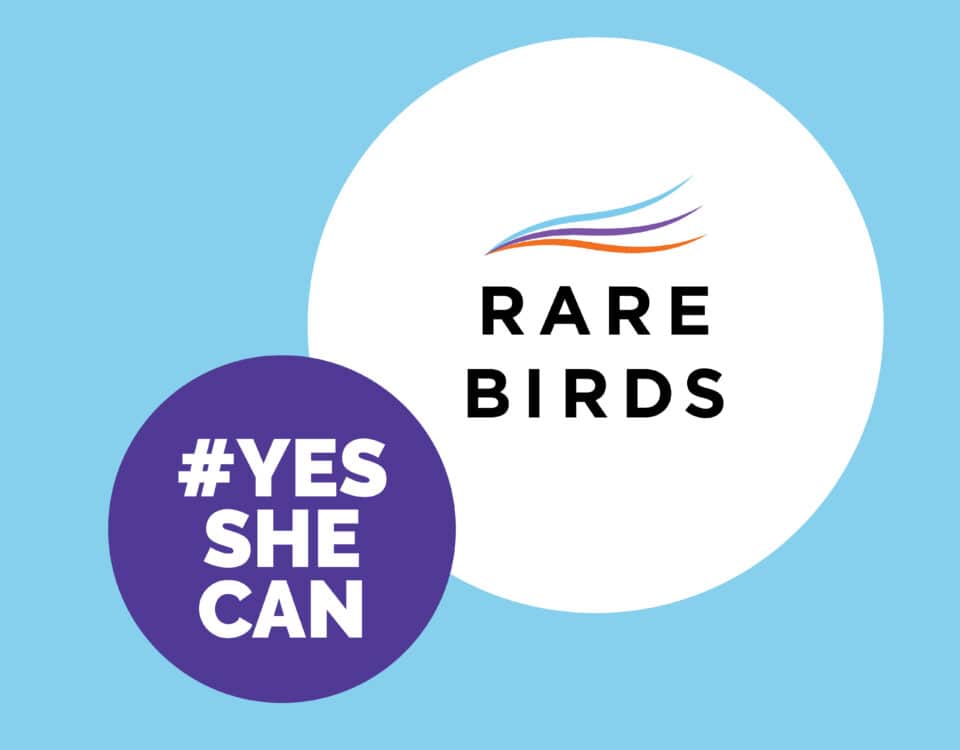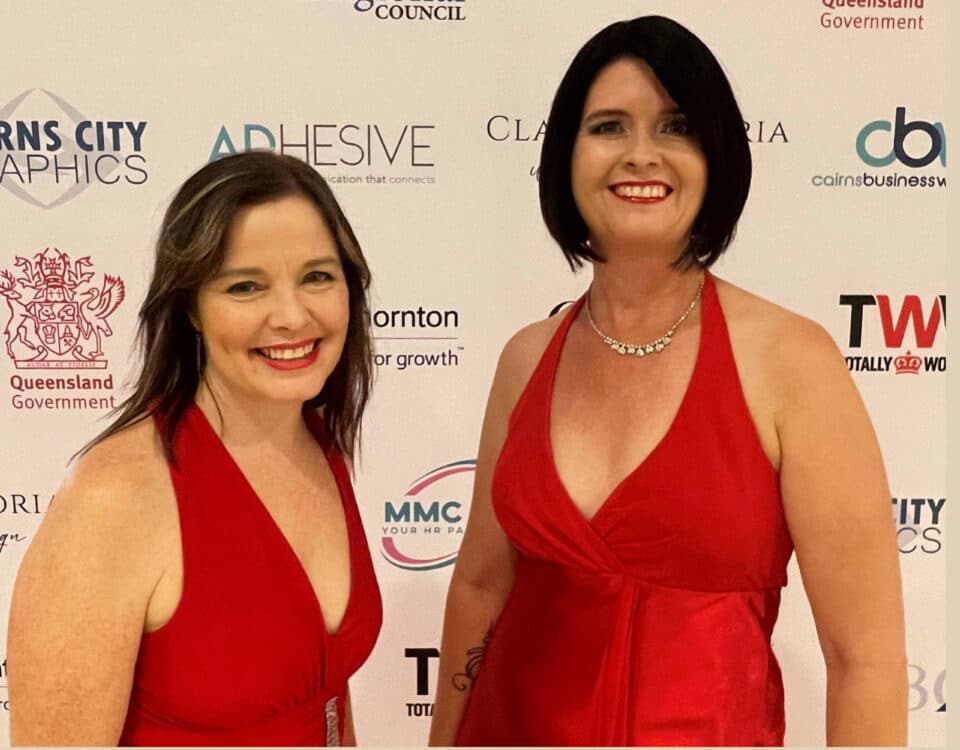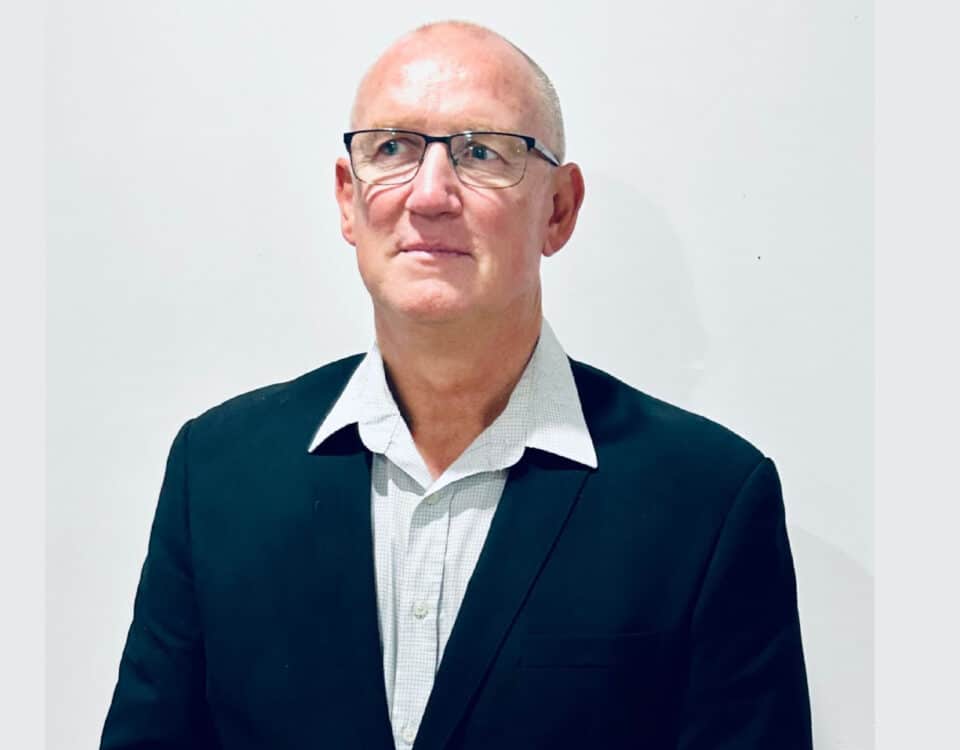Are businesses’ Diversity & Inclusion strategies forgetting to invest in their own people?
It’s filled me with energy and anticipation to watch more and more of corporate Australia acknowledge diversity and inclusion (D&I) over the last decade, building it into company policies and strategy.
How important is workplace diversity?
In 2018, Australian D&I practitioners reported that their organisation’s D&I initiatives were most likely to be very effective at:
- minimising discrimination claims (14%)
- increasing quality of recruitment (12%), and
- increasing employee perceptions of fairness and justice (12%)
However they were reportedly least likely to be very effective at:
- increasing customer diversification (7%)
- increasing market penetration (8%), and
- improving business performance (8%)
This suggests a huge missed opportunity for leveraging D&I for business benefits, and it’s one of the key reasons I decided to extend Inspiring Rare Birds’ programs to corporations.
– Jo Burston
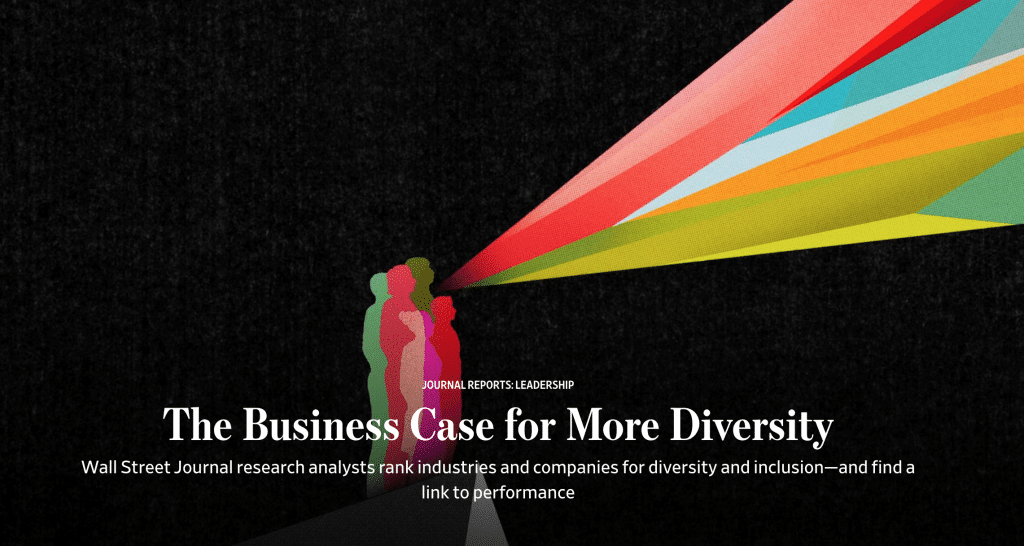
Customers and employees are more loyal to organisations that show they value inclusion. In our rapidly transforming, hyper-connected, increasingly socially-conscious global community, diverse teams are needed to spot new market opportunities; to future-proof businesses and increase their competitive edge.
What’s missing in D&I policies and strategies around Australia is investment in people, as opposed to policies.
As the University of Sydney’s study shows, provisions have been made around flexible work (96%), childcare responsibilities (76%) carer responsibilities (75%) and pay equity (65%). But when you look at targeted career development/leadership programmes and mentoring programmes for key D&I groups (eg. culturally diverse groups, female and Indigenous employees), the bar is lower (51% and 42% respectively).
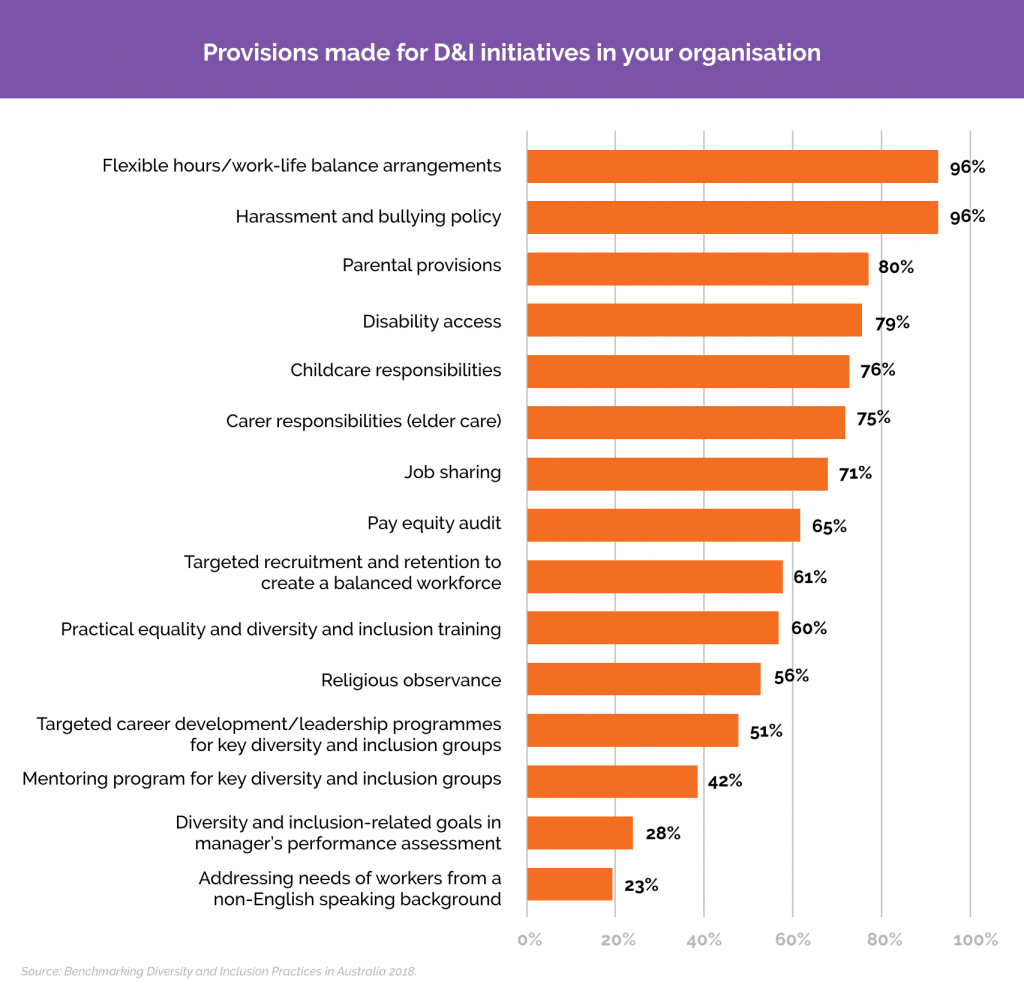
University of Sydney Business School in partnership with the Diversity Council Australia and Australian HR Institute.
How can we expect to harness the benefits of a diverse and inclusive workforce without offering structured support and guidance?
Entrepreneurial thinkers are increasingly valuable to organisations. Entire industries are grappling with new technology and digital ecosystem partnerships. Often intrapreneurs are thrown in the deep-end to engage with industries, professionals and concepts that are foreign to them. I know myself, from when I started receiving emails from global venture capitalists 9 years ago , I had no idea what questions to ask. The guidance of another entrepreneur or industry expert, just someone to talk to candidly, would have given me all I needed to take the next step for my then $50*million business. Instead I deleted the emails.
I won’t go into why internal mentoring programmes often fail, let’s save that for another day. I will say however that the guidance of external skilled-professionals work wonders for employees when that guidance is structured and measured.
In the past five years, Rare Birds’ diverse group of mentors has bridged skills and knowledge gaps, kick-started new businesses and flourished into an enthusiastic community that extends its support and referral system well beyond the length of individual programs.
I’ve seen individuals go from great employees to confident leaders and brilliant agents of change for the business; delighted managers; teams thriving and new market opportunities seized as a direct result of our fully measured and managed mentoring programs.
Cohorts have been running through the programme – some for more than 12 months now – from 7West Media, PwC and American Express. It’s early days, but already from the quarterly rich data we provide to boards – anonymised survey responses and annual reports provided to the boards, I can see clear results. Businesses are renewing because the ROI is colossal.
So corporate Australia now sees the benefits that come from capitalising on diversity, ensuring inclusion, and using talent to meet innovation challenges.
If you’re a middle manager, senior manager or senior executive responsible for the D&I function, consider the collective leadership fitness of your workforce, and start investing in your people.
